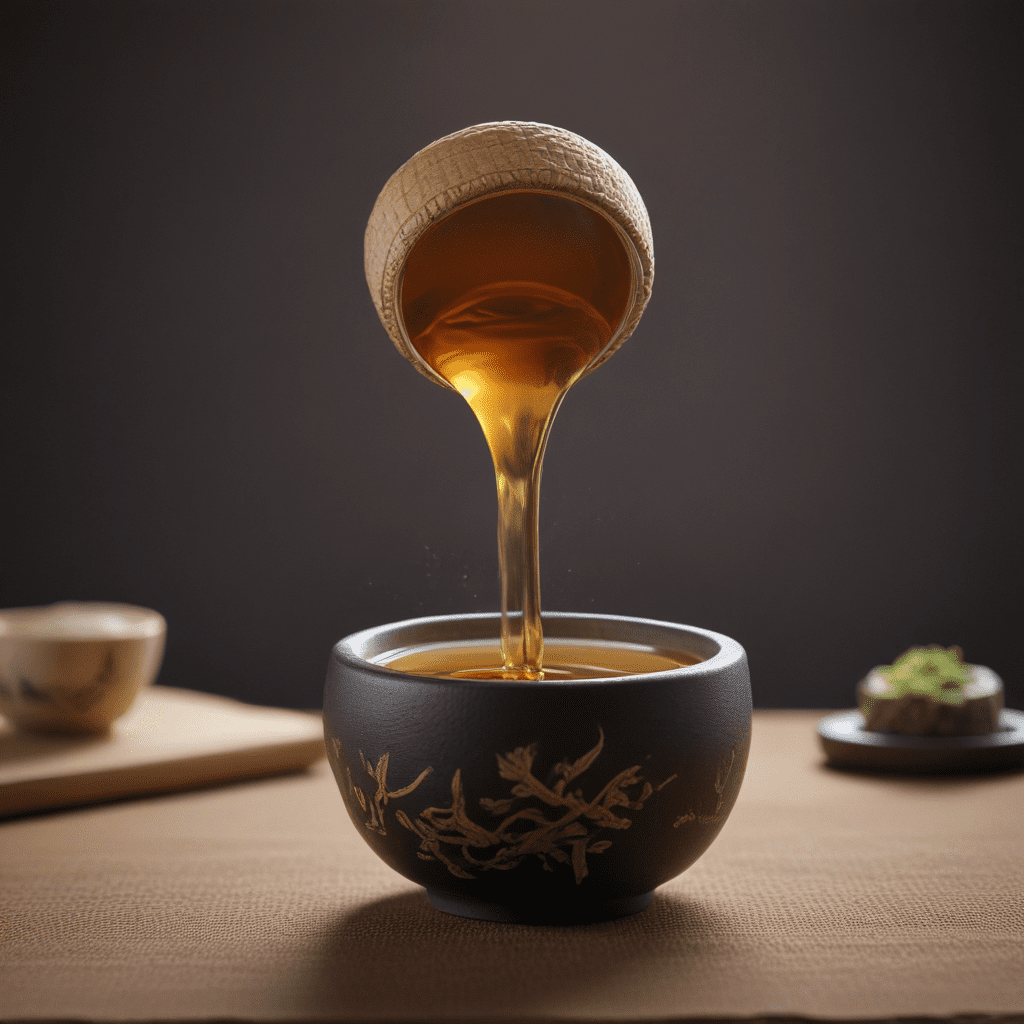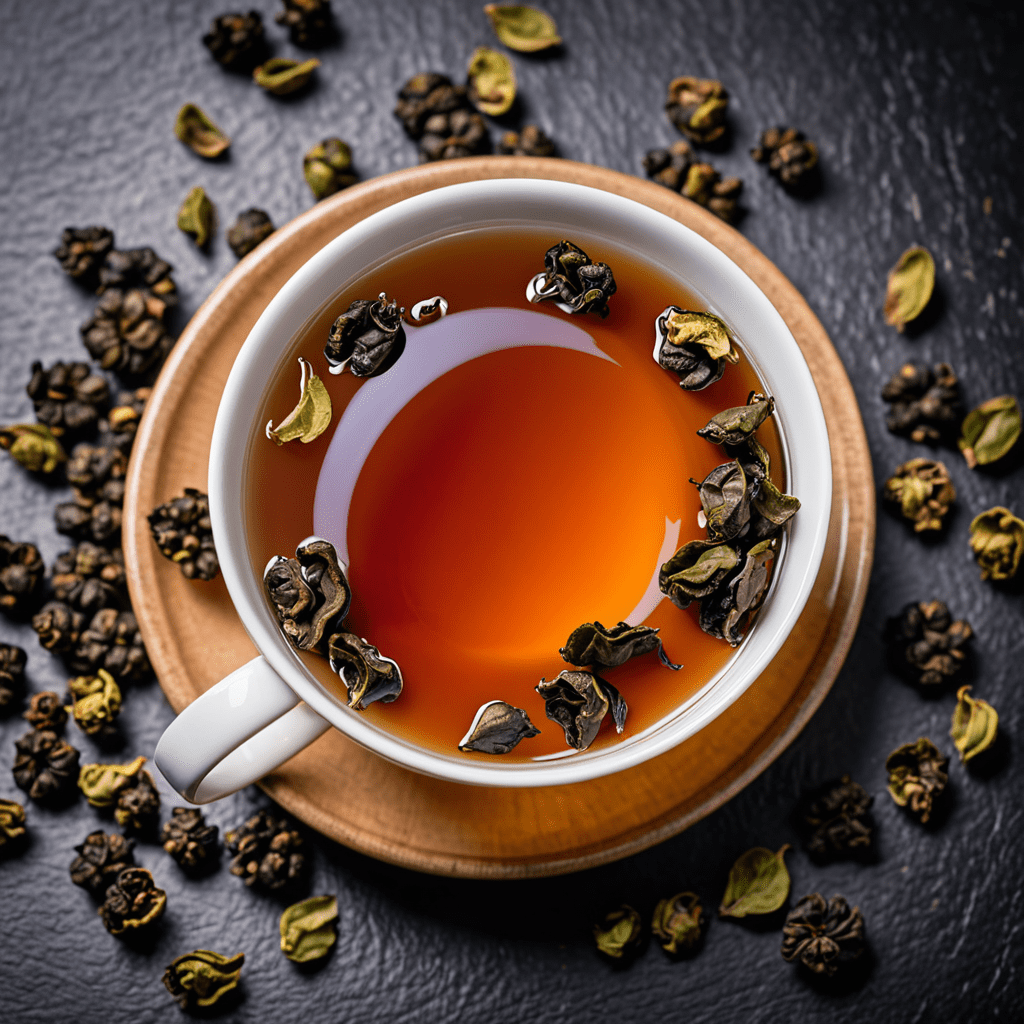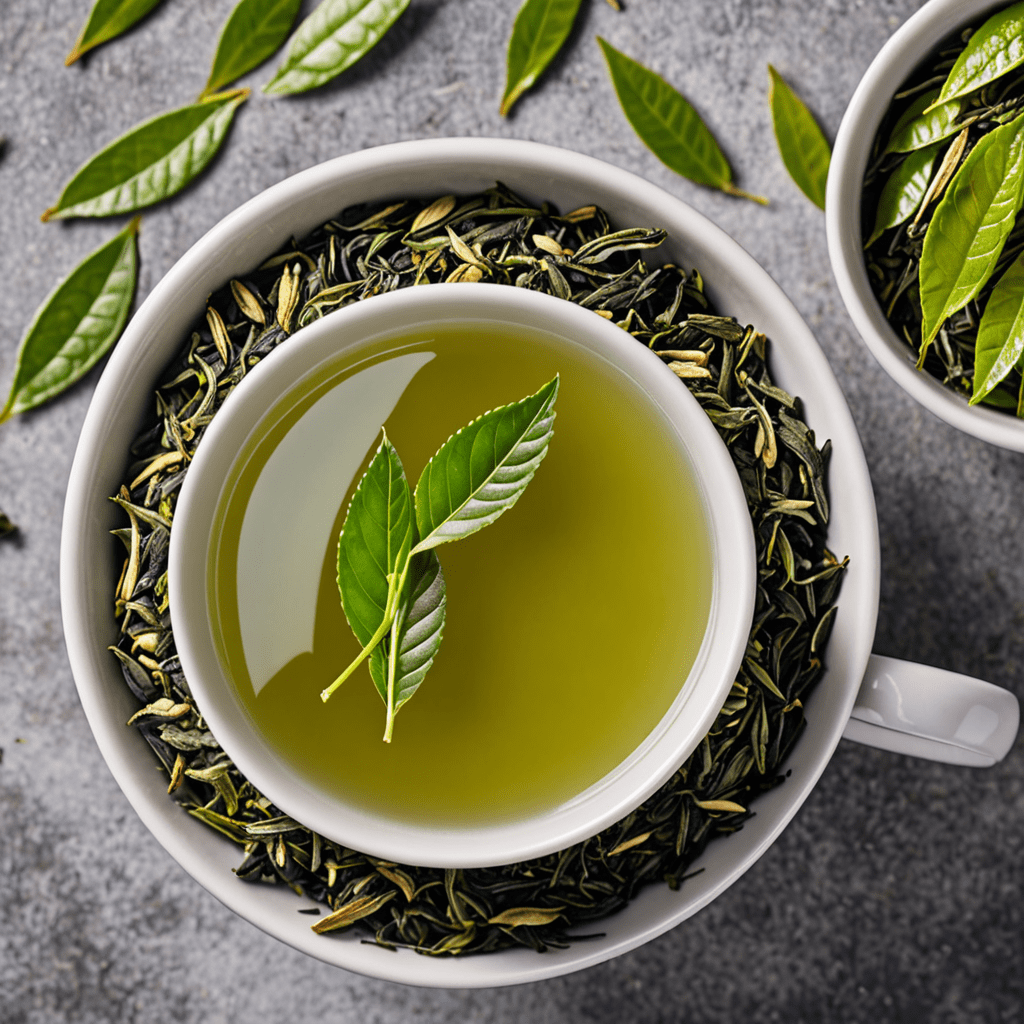Uncovering the Myths and Facts About White Tea
White tea has gained popularity in recent years due to its delicate flavor and potential health benefits. However, there are several myths and misconceptions surrounding white tea that need to be addressed. In this blog post, we’ll uncover the truth behind the myths and present the facts about white tea.
Myth #1: White Tea is Simply Unprocessed Green Tea
There is a common misconception that white tea is just unprocessed green tea. In reality, white tea comes from the same plant as green tea, Camellia sinensis, but it undergoes a different processing method. White tea is made from the young leaves and buds of the tea plant and undergoes minimal processing, which sets it apart from green tea.
Myth #2: White Tea Contains Less Caffeine Than Other Teas
Contrary to popular belief, white tea can contain a significant amount of caffeine. The caffeine content in white tea varies based on factors such as the specific variety of tea and brewing methods. While it may have a slightly lower caffeine content than black tea, it is not caffeine-free.
Myth #3: White Tea Offers No Health Benefits
Some individuals believe that white tea lacks the health benefits associated with other types of tea. However, white tea is loaded with polyphenols, antioxidants, and other beneficial compounds that can support overall health. Research suggests that white tea may have potential benefits for heart health, skin health, and even weight management.
Fact #1: White Tea Contains Antioxidants
White tea is rich in antioxidants, which can help protect the body from free radical damage and reduce the risk of chronic diseases. The antioxidants in white tea, such as catechins and flavonoids, contribute to its potential health-boosting properties.
Fact #2: White Tea Has a Delicate Flavor Profile
One of the distinguishing factors of white tea is its delicate and subtle flavor profile. Unlike black tea, which undergoes extensive oxidation, white tea is minimally processed, allowing it to retain its natural sweetness and floral notes. This makes white tea a refreshing and enjoyable beverage for tea enthusiasts.
Fact #3: White Tea Can Support Overall Well-Being
Studies have indicated that the consumption of white tea may offer a range of health benefits, including improved cardiovascular function, enhanced skin health, and potential weight management support. While more research is needed to fully understand the extent of these benefits, white tea certainly holds promise as a health-promoting beverage.
Uncover the Truth About White Tea
As the myths surrounding white tea are debunked and the facts are revealed, it becomes evident that white tea is a truly remarkable beverage with a lot to offer. Its delicate flavor, wealth of antioxidants, and potential health benefits make it a compelling choice for tea lovers looking to explore new, nourishing options. Whether enjoyed hot or cold, white tea stands as a testament to the diversity and richness of the world of tea.
FAQs About White Tea
What is white tea?
White tea is a type of tea made from the young leaves and buds of the Camellia sinensis plant. It undergoes minimal processing, and its delicate flavor and subtle aroma make it a popular choice among tea enthusiasts.
How is white tea different from other types of tea?
White tea is distinct from other types of tea due to its minimal processing. The leaves are simply withered and dried, which helps to maintain their natural properties. This sets white tea apart from green, oolong, and black teas, which undergo different levels of oxidation and processing.
Does white tea have health benefits?
Yes, white tea is known for its potential health benefits. It is rich in antioxidants and may have anti-inflammatory and antimicrobial properties. Some studies suggest that white tea may help support heart health, improve oral health, and aid in weight management.
Is white tea lower in caffeine compared to other teas?
Yes, white tea generally contains less caffeine than green or black tea. However, the exact caffeine content can vary based on factors such as the tea variety and brewing method. If you’re looking for a lower-caffeine option, white tea may be a suitable choice.
What are some common myths about white tea?
There are several myths surrounding white tea, such as


